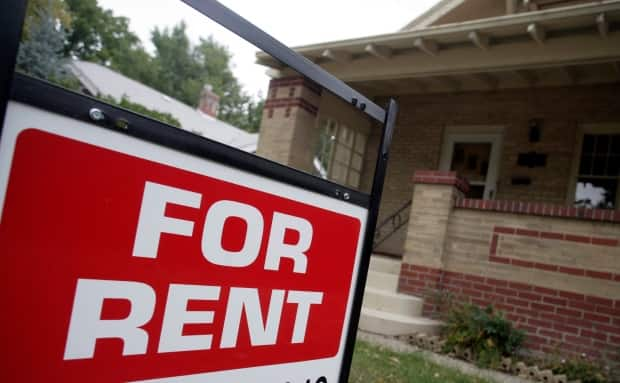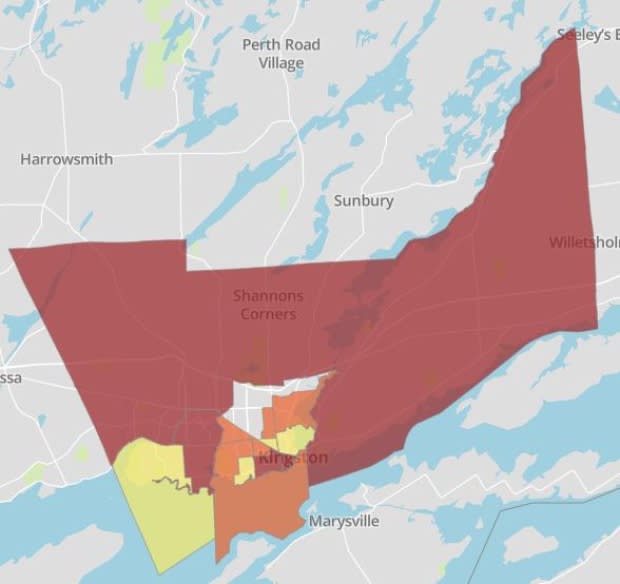Rent in Ottawa out of reach for low-income earners, report finds
For workers earning minimum wage, Ottawa is one of the least affordable places in Canada to rent an apartment, according to a new report.
The report, published Thursday by the Centre for Canadian Policy Alternatives (CCPA), calculates the rental wage — the hourly wage needed to rent an average two-bedroom apartment without spending more than 30 per cent of a tenant's earnings — in communities over 10,000 people.
In Ottawa, where the average rent for a two-bedroom unit is $1,301, an employee earning Ontario's $14 per hour minimum wage would have to work 75 hours per week to afford the rent. An employee working 40 hours per week would have to earn $26 per hour, or nearly double the provincial minimum wage.
That makes the capital area's rental wage the fifth highest in Canada, behind only Vancouver, Toronto, Victoria and Calgary.
Ottawa's costliest neighbourhood is Kanata/Stittsville, where you would need to earn an hourly wage of $37.13 to afford the average two-bedroom apartment. In Centretown, you'll need to earn $32.25 an hour to afford the average two-bedroom unit.
The cheapest area is Ottawa's rural west end, where $18.60 per hour will get you a place to live.

Kingston
In Kingston's central Sydenham district, you need to earn $32.58 per hour to afford an apartment.
Kingston's average rental wage is $23 per hour, according to the CCPA, but you can afford a place in the Inner Harbour if you earn $17.50 an hour, or work a 50-hour week at minimum wage.

Gatineau area
In the Gatineau area, where the minimum hourly wage was $12 at the time the report was compiled, renters would need to earn $16 an hour or work 53 hours a week at minimum wage.
The Plateau neighbourhood is the most expensive, with a rental wage of $19.75 per hour, or 66 hours per week at minimum wage.
Minimum wage-earners renting in communities surrounding the city such as Thurso and La Pêche can get by on a 40-hour workweek.

Show need for housing, CCPA says
The CCPA said the report shows a short-term need for more rental subsidies from the federal government, and a long-term need for more affordable housing construction.
"Government policy designed to make housing affordable needs to acknowledge skyrocketing rental costs," the CCPA said.
"New Canada Mortgage and Housing Corporation (CHMC) programs are building more affordable rental housing but the number of new units is modest by historical standards and insufficient for current and future need."
Methodology
The report is based on the CCPA's principle that renters shouldn't spend more than 30 per cent of their income on housing.
"If a tenant (or tenant family) is spending more than 30 per cent of their income on housing, they are said to be in core housing need," it said.
It used the CMHC's 2018 rental market survey and minimum wage prices at that point, acknowledging that some provinces have raised their minimum wages (and seen average rents rise) since then.
Two-bedroom apartments are the most common kind of rental, the CCPA said.

